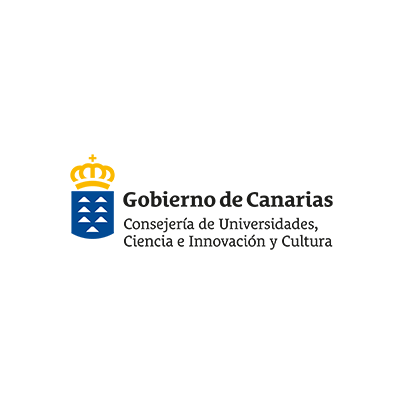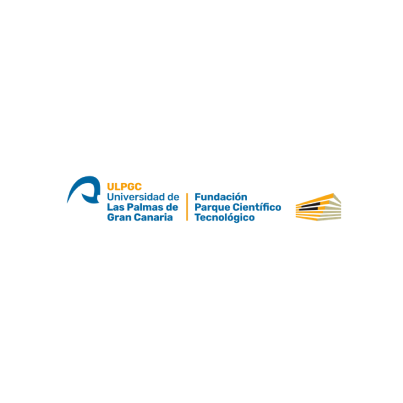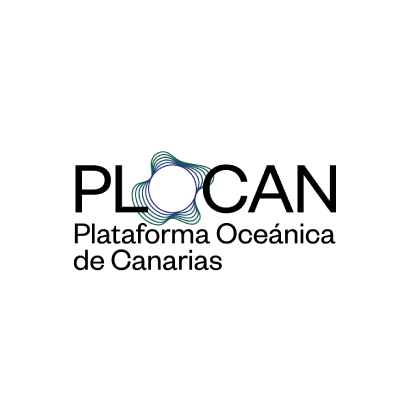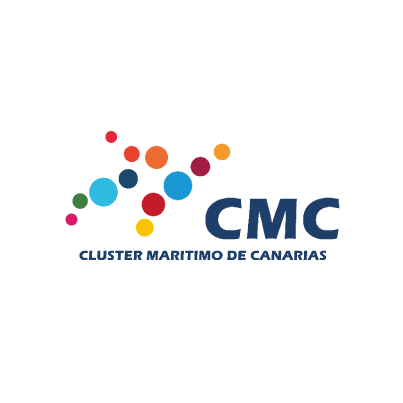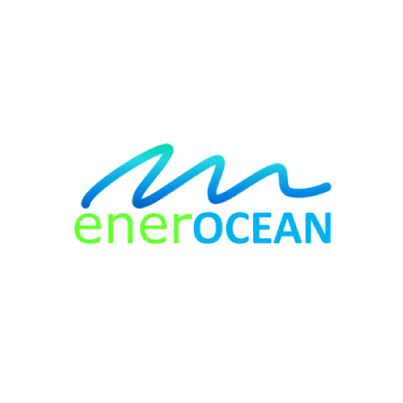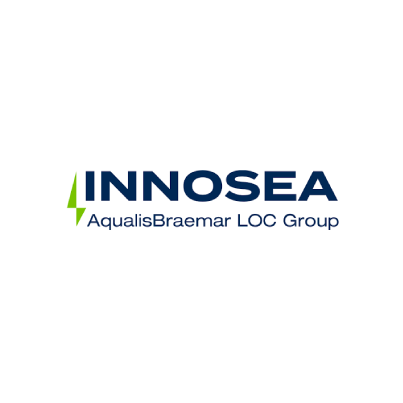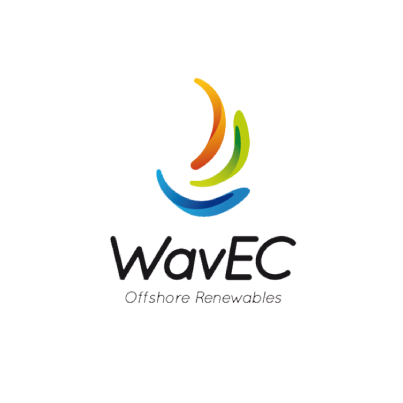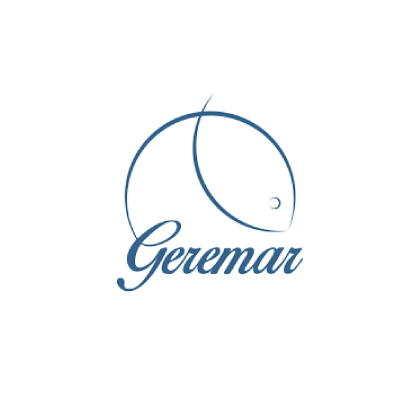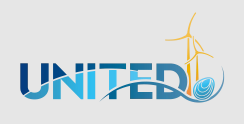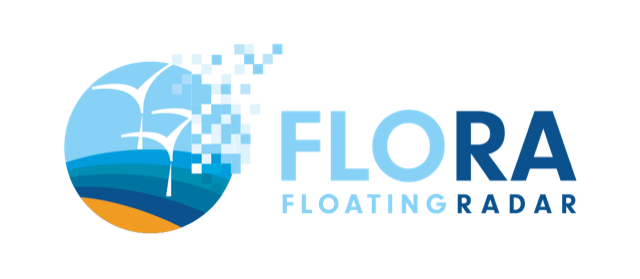About
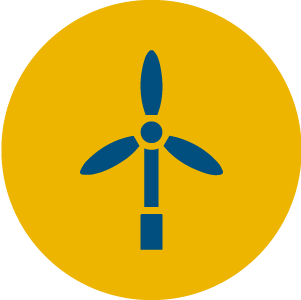
The project
Aquawind is a European project, co-funded by the European Maritime and Fisheries Fund, which aims to achieve a practical demonstration of a multi-use (MU) integrated solution to offshore renewable energy developments. This will consist of joining an existing marine renewable energy production Wind to Power (W2Power) prototype with an innovative finfish aquaculture solution. The W2Power is a floating wind technology, while the aquaculture prototype will include a tailor-made design fish cage with novel net materials, high level of digitalization and species diversification. Through its actions, AquaWind satisfies the goal of bringing about a fundamental shift away from the idea of exclusive resource rights and toward the inclusive sharing of resources by one or more uses. In fact, the project’s goal is to create and implement an inclusive process including all relevant parties, including representatives from the corporate sector, academics, regional, national, and European authorities, and civil society. In this regard, AquaWind concentrates on specific recommendations made for MU projects that were expressly recommended by the European Commission in its guidelines for a more sustainable and competitive EU aquaculture for the years 2021 to 2030. AquaWind is set up in this way as a Flagship project to serve as a template for the Atlantic Basin.
In the Atlantic region, AquaWind will conduct a demonstration test that combines maritime energy production with live fish aquaculture. AquaWind unites the efforts of a multidisciplinary stakeholder consortium in the Atlantic basin, including R&D facilities, businesses, a regional authority, and a maritime cluster from three EU member states (Spain, France, and Portugal).
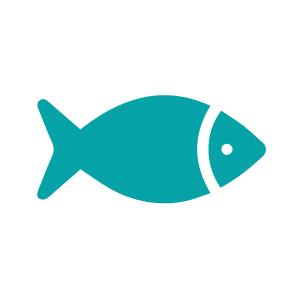
Our goals
AquaWind will provide real data to demonstrate the economic, environmental, and social sustainability of the MU proposal: providing a business model case and exploitation plan to evaluate the cost reduction of commissioning, maintenance and operation of the combined activity.
1
AquaWind will demonstrate how the joint activity can be digitised to be remotely operated in the same maritime space with different fish species and how one activity might affect the other, before going one step further to becoming the new W2Power prototype in a commercial solution.
2
AquaWind will involve a wide network of stakeholders throughout all the project phases to ensure social acceptance. The project will provide a route map for regulatory and legal issues that need to be addressed for real implementation of MU projects, taking advantages, and facilitating interaction with previous and ongoing EU funded projects.
3
Work Packages
Setting legal and social conditions
Leader: PLOCAN
Duration: Sep 2022 - Aug 2025
This WP is meant to address the challenges regarding legal, health and safety aspects, as well as outline the base for social acceptance through stakeholder engagement.
W2Power prototype upgrade procedures and designs and harbourside works
Leader: EnerOcean
Duration: Sep 2022 - Feb 2024
This WP aims to demonstrate at pilot scale the feasibility of the MU offshore renewable energy prototype, dealing mainly with the technological planification and development of the W2Power prototype.
Aquaculture system: design and harbourside aquaculture trials
Leader: ULPGC
Duration: Sept 2022 - Feb 2024
This WP is intended to complement the MU design of the AquaWind project with the structural development of the aquaculture system and the environmental requirements.
Pilot demonstration stage at offshore test site; monitoring and O&M; environmental impact
Leader: GOBCAN-ACIISI
Duration: Mar 2024 - Aug 2025
This WP aims to guarantee the execution of all the trials related to the enactment of the technology, from the performance and technical aspects to the environmental ones.
Exploitation: business plans, sustainability plans and knowledge transfer & IP
Leader: PLOCAN
Duration: Sep 2022 - Aug 2025
This WP includes the development of business, exploitation, commercialisation and job-planification to asset the future of the project beyond the pilot stage. Together with developing partnerships and managing IP.
Project coordination and management
Leader: GOBCAN-ACIISI
Duration: Sep 2022 - Aug 2025
This WP is meant to guide the coordination and management of both internal and external work flows, the use of resources and the project data. Also, the communication between the partners and the EU is coordinated by this WP’s Leader.
Dissemination and communication, RRI and public engagement
Leader: CE
Duration: Sep 2022- Aug 2025
This WP aims to disseminate and transfer the outputs and results of all AquaWind activities to its key stakeholders, to foster a Responsible Research and Innovation approach as well as gender equality.
Partners
The Canary Islands Agency for Research, Innovation and the Information Society is the body of the Public Administration of the Autonomous Community of the Canary Islands responsible for promoting scientific and technological research and development, business innovation and the deployment of telecommunications infrastructures and information society services. The Agency is part of the Executive's commitment to develop a powerful knowledge-based economy in the Canary Islands as a strategy for economic competitiveness, enabling sustainable, inclusive and social growth without increasing the impact on the territory or natural resources, and capable of providing quality employment, all in line with the objectives set for the European Union as a whole. GOBCAN-ACIISI is the leader for the WP4 and WP6 of the AquaWind project.
CE is an SME specialised in the management of research, education and innovation projects based in the Canary Islands. Consulta Europa was born in 2009 as a private local development agency and knowledge centre with the aim of providing innovative solutions at the European Union (EU) level for local problems in general and more specifically for the Canary Islands. They have the capacity to create programmes and carry out research activities for private, public, profit and non-profit entities, in line with European policies. We also organise events, conferences, lectures and training on European policies, management and development of European projects. Our work focuses on smart, social and sustainable development, drawing evidence from international cooperation projects. We also promote knowledge transfer with a systematic approach, considering social innovation and circular economy as essential elements, always with a gender perspective. CE is in charge of WP7 in the AquaWind project.
The University of Las Palmas de Gran Canaria, is a public university with a wide range of degrees in all the major areas of knowledge and at all levels. Its strategy is oriented towards innovation, quality and internationalisation, and it is closely involved with local society. The ULPGC was founded in 1989. In just a few years it has managed to position itself as one of the leading Spanish universities, standing out in research related to tourism, oceanography, veterinary science and public health. In addition, the ULPGC has a strong international mobility programme. It can count on more than 1,500 lecturers who carry out important research activity, backed by more than one hundred research groups. The ULPGC is committed to the creation of Science and Technology Parks (PCT) that stimulate the transfer of R+D+i results to the surrounding society and serve as a base for the creation of technology-based companies.
The Oceanic Platform of the Canary Islands is a public Consortium created in 2007. PLOCAN's mission is to provide a cost-effective combination of services, including housing, operations, data and access to the multipurpose offshore platform, observatories and test bed facilities, that address upcoming ocean science challenges and socio-economic needs. For the AquaWind project PLOCAN is WP Leader for WP1 and WP5.
The Maritime Cluster of the Canary Islands is a non-profit association with a regional scope whose main objective is to promote the development and international competitiveness of the Marine Sector of the Canary Islands, in turn raising the business, economic and social fabric of the Canary Islands. It drives the integration, creation, strengthening and sustainability of the companies and institutions that are within the value chain of the maritime marine sector, promoting its international presence and raising the technological and innovative standards of all the agents involved, aligned with policy development and social demands. It will be involved mainly in the WP1 of the project, flanking PLOCAN with the tasks dedicated to the stakeholder engagement.
EnerOcean is a small company created in 2007 with offices in Malaga and Las Palmas de Gran Canaria. Their business covers from resource analysis, feasibility studies. Key enabling technologies development, commercial exploitation of marine energy facilities and technology development as they are doing for the W2Power floating wind platform involved in the AquaWind project. They are in charge of WP2 in the AquaWind project.
INNOSEA is a specialist multidisciplinary engineering, strategy advisory and R&D consultancy in marine renewable energies, working in offshore wind – fixed and floating, floating solar PV, wave & tidal energy, deep-water tech, hydrogen power, and decarbonisation initiatives. INNOSEA has a large project portfolio covering a range of expert services, and the marine renewable energy sectors, in which we work: offshore wind fixed and floating, floating solar PV, wave and tidal energy, OTEC / SWAC and deep-water tech, hydrogen, as well as integrated engineering for green technology solutions or renewable energy clustering.
offers marine renewable energy, offshore aquaculture and ocean engineering solutions. It was founded in 1993 as a private non-profit association aiming to develop wave energy and support companies and research centres in the area, through technical and political strategies. In2013 WavEC extended its activities into offshore wind and prospects expansion to other fields it defined as its mission to develop offshore renewables energy through the creation and transfer of knowledge, innovation and dissemination. More recently WavEC extended the scope of activities to ocean engineering projects and offshore activities, therefore it has been involved as a partner for the AquaWind project. Its main role in the project will be supporting the WP1 in the development of the Circular Approach model.
It is a Canarian company dedicated to aquaculture since 1992, committed to the values of remote environments and regions as well as being respectful and committed to the environment and animal welfare. It specialises in breeding of sea bass and sea bream, for subsequent marketing in the regional and national market, both in conventional fishmongers and large supermarkets, HORECA. It works through a system of hatcheries placed in the open sea, careful feeding, vaccination and water control. Consolidated with the GLOBALGAP certification, which accredits the quality in each of the production processes. Canexmar will support ULPGC in the development of the aquaculture system throughout the AquaWind project.
Sister projects
MUSICA
The overall Aim of MUSICA is to accelerate the roadmap to commercialisation of its Multi-Use Platform (MUP) and Multi-use of Space (MUS) combination for the small island market, and de-risk for future operators and investors, by validation to TRL7 and providing real plans to move to mass market commercialisation. The MUSICA solution will be a decarbonising one stop shop for small islands, including their marine initiatives (Blue Growth) and ecosystems.

4BIZ
Boosting the Blue Economy in the Black Sea Region by Initiating a Business Collaboration Framework in the field of Fisheries and Aquaculture, Coastal and Maritime Tourism and Maritime Transport

DBAN
The project is designed around the concept of establishing a regional blue economy and innovations acceleration network – based ecosystem which supports existing and emerging businesses and business initiatives in the Blue economy sectors, building upon their potential for innovation, circular and bio-based solutions as well as their capacity to contribute to the local/regional sustainable development performance indicators.
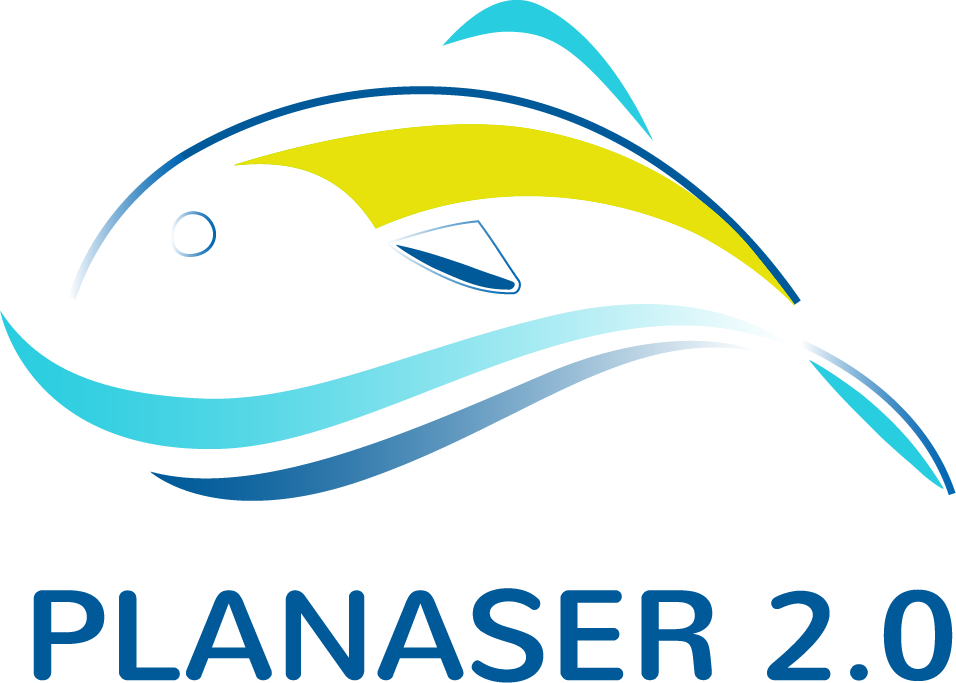
PLANASER
The main objective of the project is to consolidate the cultivation of Seriola (S. dumerili) in Spain and position our country as a benchmark in the cultivation of this species through the innovations that are developed, promoting public-private cooperation and the transfer of knowledge to society.

